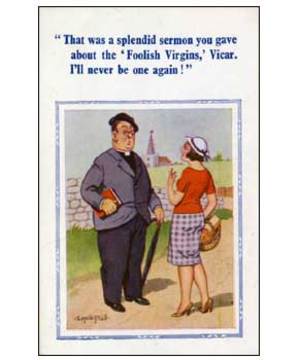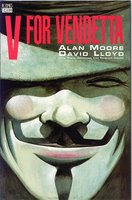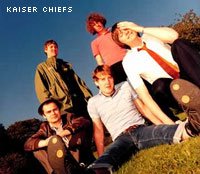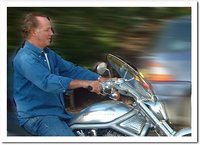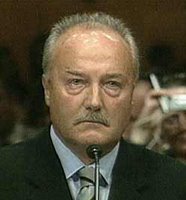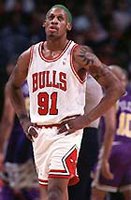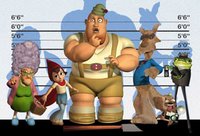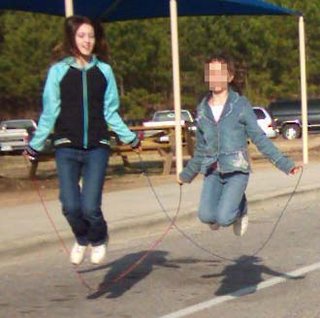"I Love Your Accent"
Until moving to NC, I had thought that I didn't really have much of an accent. It turns out, however, that I do.
It seems that a number of people here "love" our accents, although they can't always place them. On more than one occasion, we have been asked if we are Australian. Sometimes, people just ask us where we come from. Although seemingly an easy to answer question, it is difficult to judge what the person means. What the person means depends on the level of their experience (or lack thereof) of things non-US. The reply "England" has resulted in anything from, "Well, obviously. What part of England?" to "I knew there was something European there -- English or French or something." The former tends to come from people who have been to the UK or have friends/family there. Mark spoke to one person who said that he used to know someone from England who came from a town called "Wales or something". Mark didn't have the heart to tell him that Wales is a different country, not a part of England. I think that he must have been getting confused between "Great Britain" and "England".
The reply "England" has resulted in anything from, "Well, obviously. What part of England?" to "I knew there was something European there -- English or French or something." The former tends to come from people who have been to the UK or have friends/family there. Mark spoke to one person who said that he used to know someone from England who came from a town called "Wales or something". Mark didn't have the heart to tell him that Wales is a different country, not a part of England. I think that he must have been getting confused between "Great Britain" and "England".
The other possible response to the question of where we're from might have been "Birmingham", but the US has more than one Birmingham of its own. Our standard answer is "Birmingham, England". This usually tends to answer their question.
After these conversation openers have been successfully navigated, we can move on. The nature of this progression depends on how interested in our being English the person is. A waitress might comment on her love of our accent, then ask us what we'd like to drink; someone who's been to England may discuss their holiday and the sites that they've been to. Mark had a long conversation in Walmart with a Vietnam veteran who had heard his accent. The veteran did most of the talking, about how much he liked Tony Blair. The conversation ended with him saying, "Well, when you go back to England, tell Tony that I'm a big fan." I'd like to think that he was joking.
Even once the origin of our accents has been established, our native language is sometimes in question. Several fifth graders, while Emily still had "new kid at school" celebrity status, asked her, "What language do they speak in England?" Recently, one of Emily's friends asked me, "Did you all have to take English lessons when you first moved here?" I think that she asked this because when I was talking to her I kept forgetting to use American words for some things (knickers/pants = underwear; trousers = pants; crisps = chips; chips = fries; courgettes = zucchini etc...). She must have started to think that we speak a different language.



